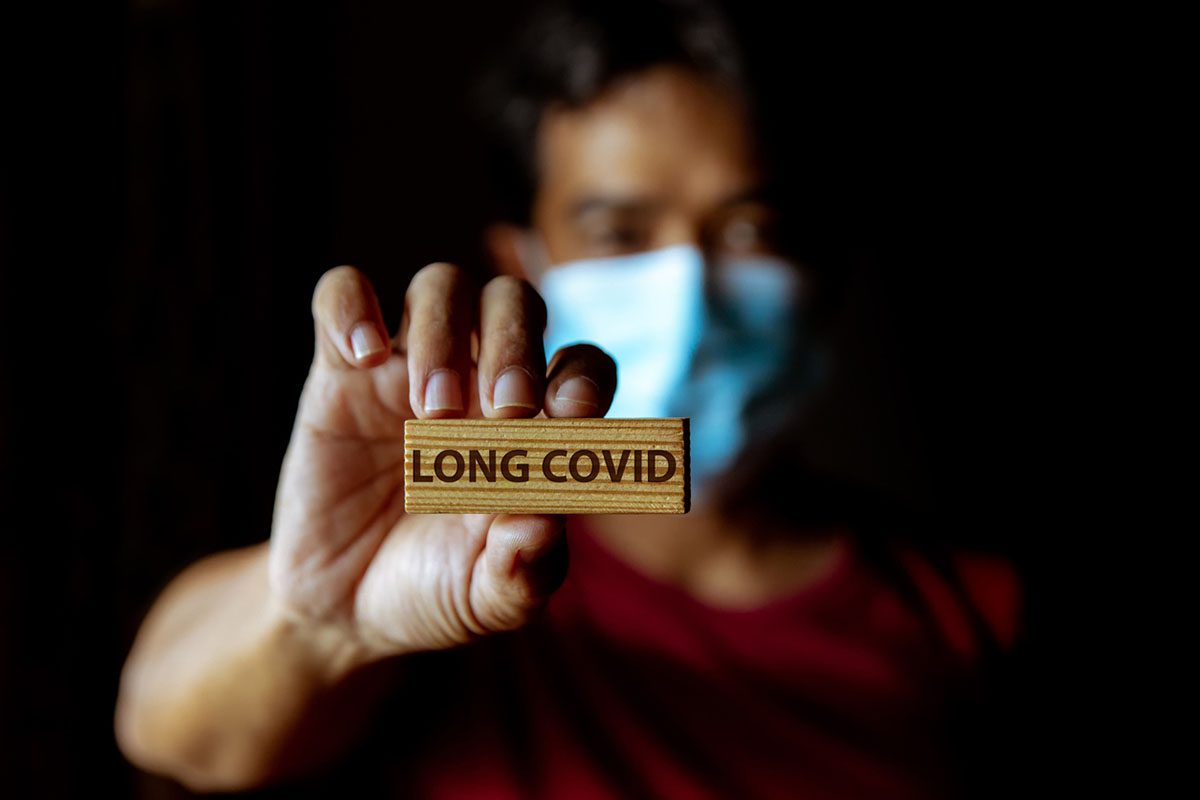J Clin Psychiatry 2022;83(2):21l14357
To cite: Kels CG, Kels LH. Conflating capacity and compliance. J Clin Psychiatry. 2022;83(2):21l14357.
To share: https://doi.org/10.4088/JCP.21lr14357
© Copyright 2022 Physicians Postgraduate Press, Inc.
aDefense Health Agency, San Antonio, Texas.
bUniversity of the Incarnate Word School of Osteopathic Medicine, San Antonio, Texas.
*Corresponding author: Charles G. Kels, JD, Defense Health Agency, 2261 Hughes Ave, Ste 153, San Antonio, TX 78236-1025 ([email protected]).
See reply by Goldberg and Appel and editorial by Goldberg
To the Editor: Patients’ adherence to infectious disease control measures is a controversial issue at the intersection of medicine, public health, law, and public policy. Goldberg’s recent JCP editorial1 adeptly reviews the vital role of psychiatrists in assessing, educating, and counseling patients with varying degrees of antivaccination attitudes, but the author’s call to “link vaccine refusal with capacity assessments” carries significant medicolegal implications of which practicing psychiatrists should be aware.
Goldberg’s framing of vaccine refusal as a capacity issue hinges largely on the connection of fixed false beliefs about iatrogenic risks to the diagnosis of delusional disorder.1 However, conspiracy theories and delusions are neither synonymous nor mutually exclusive. The former is more likely to arise from eccentric groupthink (often validated on the internet) than subjective experiences, whereas the content of the latter tends to be highly self-referential.2 A multitude of aberrant behaviors and beliefs remain non-pathological, to include decisions to forgo beneficial treatment based on “epistemic mistrust” of authority.2
More fundamentally, evaluation of a patient’s decisional capacity does not result in a permanent or wide-ranging judgment on their personal liberty. Competency determinations limiting individual rights are legal adjudications that remain the province of the courts, albeit often informed by psychiatric testimony. In contrast, decision-making capacity is a baseline requirement of medical informed consent that gauges the individual’s ability to understand information about a proposed intervention and communicate a meaningful choice.3
Capacity must be evaluated in the context of the specific decision to be made at a particular point in time. A patient’s capacity is often temporal, situational, and fluctuating. Individuals may have the ability to make some decisions, but not others, and at some junctures, but not others.4 The goal of a clinical encounter is to maximize autonomy, not undermine it. If capacity can be optimized, it should generally be reassessed at its highest point.5 Serious mental illness does not preclude decision-making capacity, nor by itself does involuntary hospitalization.6
Thus, capacity assessments are not an appropriate tool in discussions about “restricted freedoms for those who willfully pose public health hazards.”1 Goldberg’s analogy of vaccine hesitancy to tuberculosis spread is inapt, as both state and federal governments have enacted robust statutory and regulatory schemes governing isolation and quarantine. Segregating infected or exposed people from the general population is a public health intervention, not a clinical one. It must be undertaken by duly constituted public health officials and is generally subject to due process as a government-sanctioned deprivation of liberty.7
As of this writing, COVID-19 vaccine mandates have been promulgated by the federal executive branch with respect to military service members, federal employees and contractors, employees of large businesses, and workers in most health care settings that receive Medicare or Medicaid reimbursement.8 Many of these requirements are being challenged in active litigation. The Occupational Safety and Health Administration suspended enforcement of its large employer rule in November 2021 in light of an appellate court stoppage, then resumed it the following month (with a delay in compliance dates) when another appellate court cleared the way9; this split between the Fifth and Sixth Circuit Courts of Appeal will likely necessitate US Supreme Court intervention. Federal courts have also temporarily blocked the contractor vaccine mandate, as well as the health care worker mandate in certain states, while individual challenges to the military and federal employee requirements have thus far proved less successful. State-imposed mandates are subject to separate litigation, although state powers in this area are considerably more robust owing to the constitutional principle of federalism.10 Whereas physicians can advise patients as to the potential consequences of vaccine refusal as part of their holistic care, government mandates at the federal, state, or local level are generally immaterial to the right of patients to refuse treatment at the bedside.
Fully capable individuals can possess beliefs and make choices that their physicians find wrongheaded, unreasonable, and unsalutary. Psychiatric consultations to address capacity are focused not on the soundness of patients’ ideas, but on the discrete issue of whether psychopathology is directly interfering with their decision-making process. While public health crises may demand muscular government responses, the clinical realm must remain a zone of empathy and respect. Even in a pandemic, self-determination and beneficence remain the bedrocks of patient care.
Published online: February 1, 2022
Potential conflicts of interest: None reported.
Funding/support: None.
Disclaimer: The views expressed are those of the author and do not necessarily reflect those of the Defense Health Agency or Department of Defense.
References (10)

- Goldberg JF. How should psychiatry respond to COVID-19 anti-vax attitudes? J Clin Psychiatry. 2021;82(5):21ed14213. PubMed CrossRef
- Pierre JM. Conspiracy theory or delusion? 3 questions to tell them apart. Curr Psychiatry. 2021;20(9):44–60. CrossRef
- Paterick TJ, Carson GV, Allen MC, et al. Medical informed consent: general considerations for physicians. Mayo Clin Proc. 2008;83(3):313–319. PubMed CrossRef
- Sessums LL, Zembrzuska H, Jackson JL. Does this patient have medical decision-making capacity? JAMA. 2011;306(4):420–427. PubMed CrossRef
- Geppert C, Cohen MA, Bourgeois JA, et al. Bioethical challenges for psychiatrists: determination of decisional capacity. Psychiatr Times. 2016;33(7):19–20;25.
- Hicks C, West S. Does your patient have the right to refuse medications? Curr Psychiatr. 2020;19(4):23–30.
- Parmet WE, Sinha MS. COVID-19: the law and limits of quarantine. N Engl J Med. 2020;382(15):e28. PubMed CrossRef
- Path Out of the Pandemic: President Biden’s COVID-19 Action Plan. The White House. https://www.whitehouse.gov/covidplan/
- COVID-19 Vaccination and Testing Emergency Temporary Standard. Occupational Safety and Health Administration. https://www.osha.gov/coronavirus/ets2
- Shen WS. An Overview of State and Federal Authority to Impose Vaccination Requirements. Congressional Research Service. May 22, 2019. https://sgp.fas.org/crs/misc/LSB10300.pdf
This PDF is free for all visitors!





